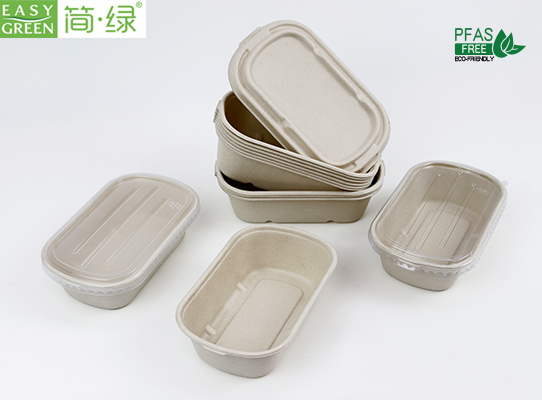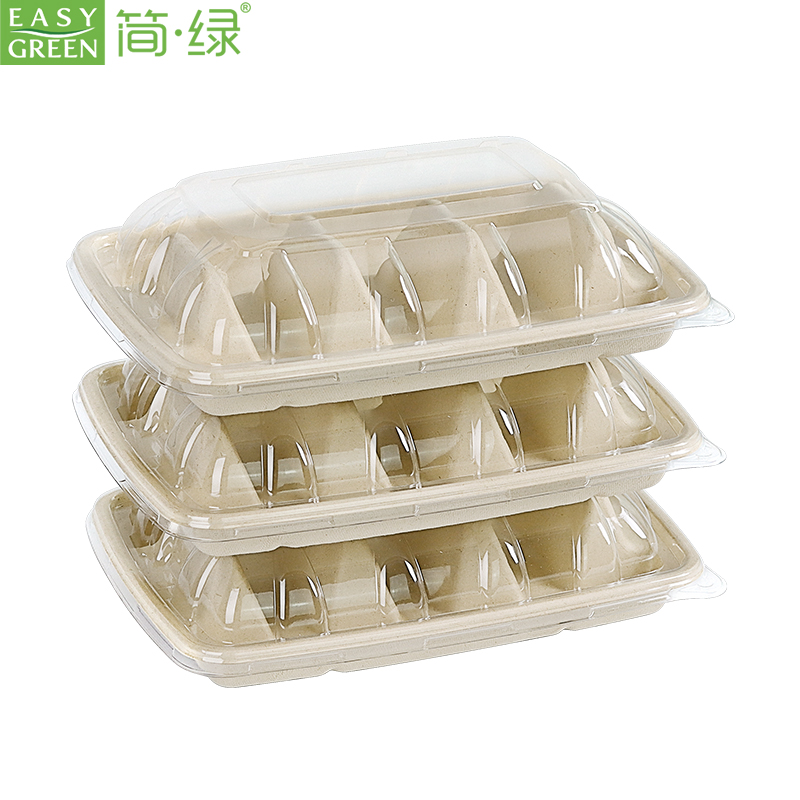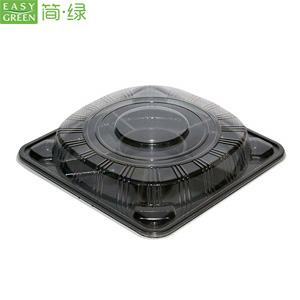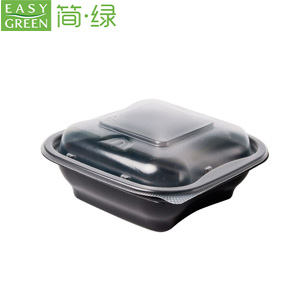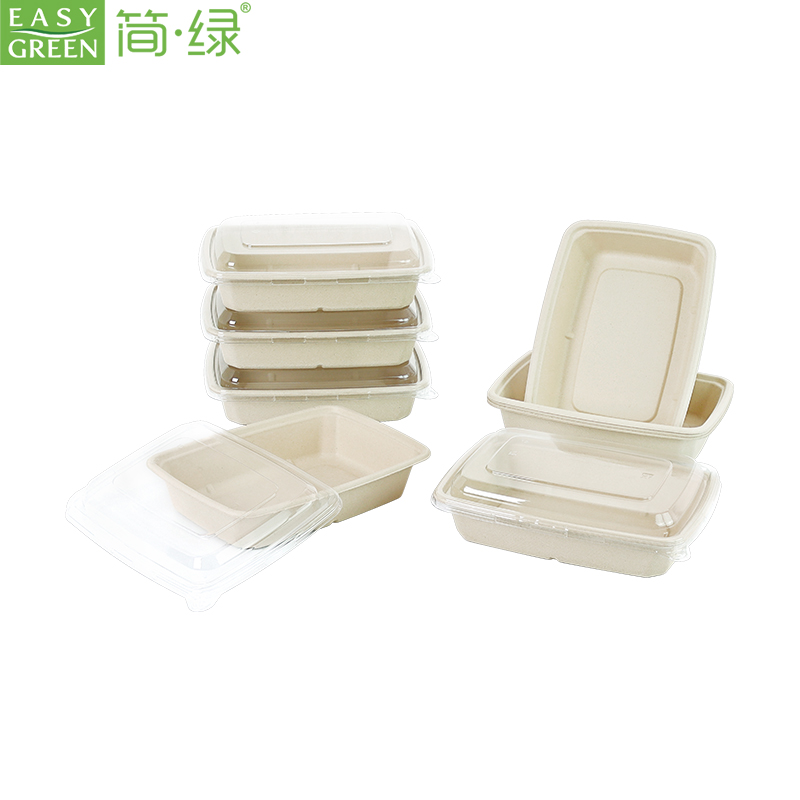In today's world, where environmental consciousness is at the forefront of consumer minds, industries are seeking sustainable alternatives to reduce their ecological footprint. The food packaging industry, in particular, is undergoing a significant transformation with the rise of biodegradable materials. Biodegradable food packaging presents a promising solution to address the challenges of waste generation and pollution while keeping our meals fresh and delicious. Let's delve into the innovative world of biodegradable food packaging and explore its benefits, challenges, and the path toward a greener future.
Unveiling Biodegradable Food Packaging
Wholesale compostable packaging materials are designed to break down naturally in the environment, reducing the impact of waste on ecosystems. Unlike traditional plastic packaging that takes hundreds of years to decompose, biodegradable materials offer a more sustainable alternative that aligns with the principles of the circular economy.
Environmental Benefits
The primary advantage of biodegradable food packaging is its positive impact on the environment. These materials decompose into harmless components, leaving no toxic residues or microplastics behind. They contribute to reducing landfill waste and minimizing pollution, helping to safeguard our oceans, soil, and wildlife.
Extended Shelf Life and Freshness
Wholesale biodegradable packaging materials are not only environmentally friendly but also effective in preserving the freshness of food. Many biodegradable options possess excellent barrier properties that prevent moisture and oxygen from reaching the packaged food. This helps extend the shelf life of perishable items, reducing food waste and ensuring consumers enjoy products at their best.
Challenges to Overcome
While biodegradable food packaging holds tremendous promise, there are challenges to address for its widespread adoption.
Material Diversity and Standardization
The variety of biodegradable materials available in the market—such as starch-based, cellulose-based, and polylactic acid (PLA) films—can lead to confusion and inconsistency. Developing standardized guidelines and certifications for these materials is essential to ensure consumers can make informed choices and reduce contamination risks.
Cost Considerations
At present, biodegradable food packaging materials can be more expensive than traditional plastic options. Mass adoption may be hindered by cost barriers, especially for small businesses. However, as demand increases and technology advances, the cost of these materials is expected to decrease.
The Path Forward: A Greener Tomorrow
The journey toward sustainable food packaging involves collaboration among stakeholders, innovation, and consumer awareness.
Industry Collaboration and Research
To drive the transition to biodegradable food packaging, collaboration between packaging manufacturers, food producers, policymakers, and researchers is essential. Investment in research and development will lead to the creation of new materials that are cost-effective, efficient, and compatible with existing packaging machinery.
Consumer Education
Empowering consumers with knowledge about biodegradable food packaging is crucial. Understanding the benefits, proper disposal methods, and the environmental impact of their choices can motivate consumers to opt for sustainable packaging alternatives.
Regulatory Support
Policymakers play a significant role in fostering the growth of biodegradable food packaging. Implementing regulations that encourage the use of sustainable materials, provide incentives for innovation, and promote responsible disposal practices will drive the industry toward a greener future.
Eco-friendly bulk packaging represents a sustainable solution that aligns with our growing concern for the environment. With its positive impact on waste reduction, extended shelf life, and potential for innovation, biodegradable materials are shaping the future of food packaging. By addressing challenges, fostering collaboration, and raising consumer awareness, we can create a more
eco-friendly food packaging wholesale ecosystem that benefits both our planet and our plates. The rise of biodegradable food packaging is not just a trend—it's a vital step toward a greener, healthier world.
 English
English 
